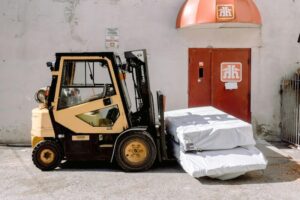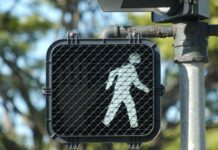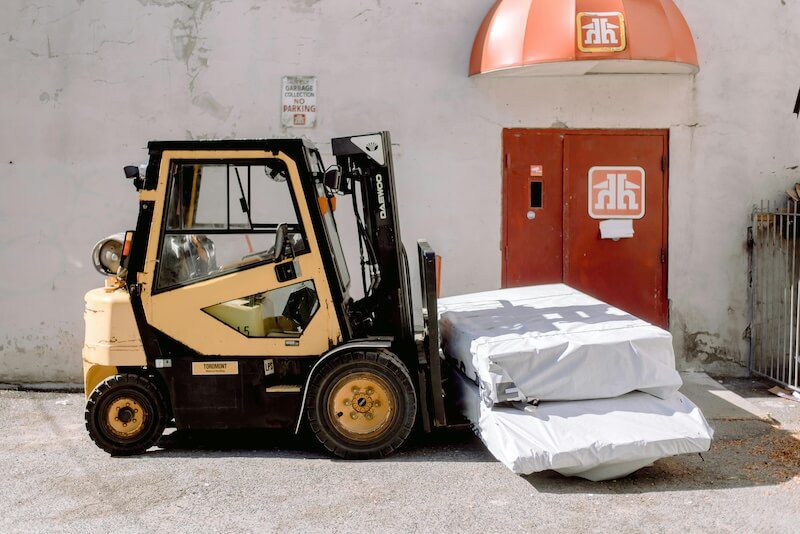At 10:40 a.m. March 18th, a worker was killed at the Port of Los Angeles in San Pedro after becoming trapped underneath a forklift. The worker, a man in his 30’s, was pronounced dead at the scene, Berth 270, after firefighters responded to a report of the worker being trapped.
 No further details have been provided at this time, however, the California Department of Industrial Relations, Los Angeles Port Police, and the Los Angeles County Medical Examiner will begin an investigation into the incident.
No further details have been provided at this time, however, the California Department of Industrial Relations, Los Angeles Port Police, and the Los Angeles County Medical Examiner will begin an investigation into the incident.
Workplaces Have Become Increasingly More Deadly for Americans
This tragic incident is another in an alarming trend in workplaces across the United States. According to the Bureau of Labor Statistics, a worker is killed every 96 minutes in the U.S. and 2022 was the deadliest year for workplace deaths since 2007.
Workers in the transportation and materials moving industries have the second highest rate of fatal work injury rates, behind only the farming, fishing, and forestry industries.
Due to the dangerous nature of the work, the workers in the maritime shipping industry – including dock workers and longshore workers – are protected by strict OSHA and U.S. Department of Labor regulations. However, safety guidelines are not always followed by employers.
According to attorney Gerald Singleton, these incidents serve as a stark reminder for the importance of regulating workplaces.
“Ensuring the safety of our workers is not just a regulatory requirement; it’s a moral imperative,” Singleton said. “Every employee deserves to work in an environment that values their safety and life above all else. When accidents occur, especially those as tragic as a fatal harbor incident, it illustrates exactly what’s at stake when safety measures are overlooked or neglected. As an attorney, I stand committed to seeking justice and support for the injured and their families, reinforcing the necessity of stringent safety standards to prevent such tragedies from happening again.”
Compensation for Families in Fatal Work Incidents
While the family of the man killed in this tragic incident and those of workers that are killed in similar incidents may be entitled to death benefits outlined in the Longshore and Harbor Workers’ Compensation Act, these benefits may not be adequate to cover the financial and emotional impact of losing a loved one. Depending on the outcome of the investigation, there may be other avenues for families to pursue. These remedies may not only recover compensation for the loss, but allow them to get justice for their loved ones if their death was the result of negligence or failure to adhere to safety regulations.
In cases such as these, an attorney with an understanding of the regulations and laws involved may be able to help families facing loss.



































